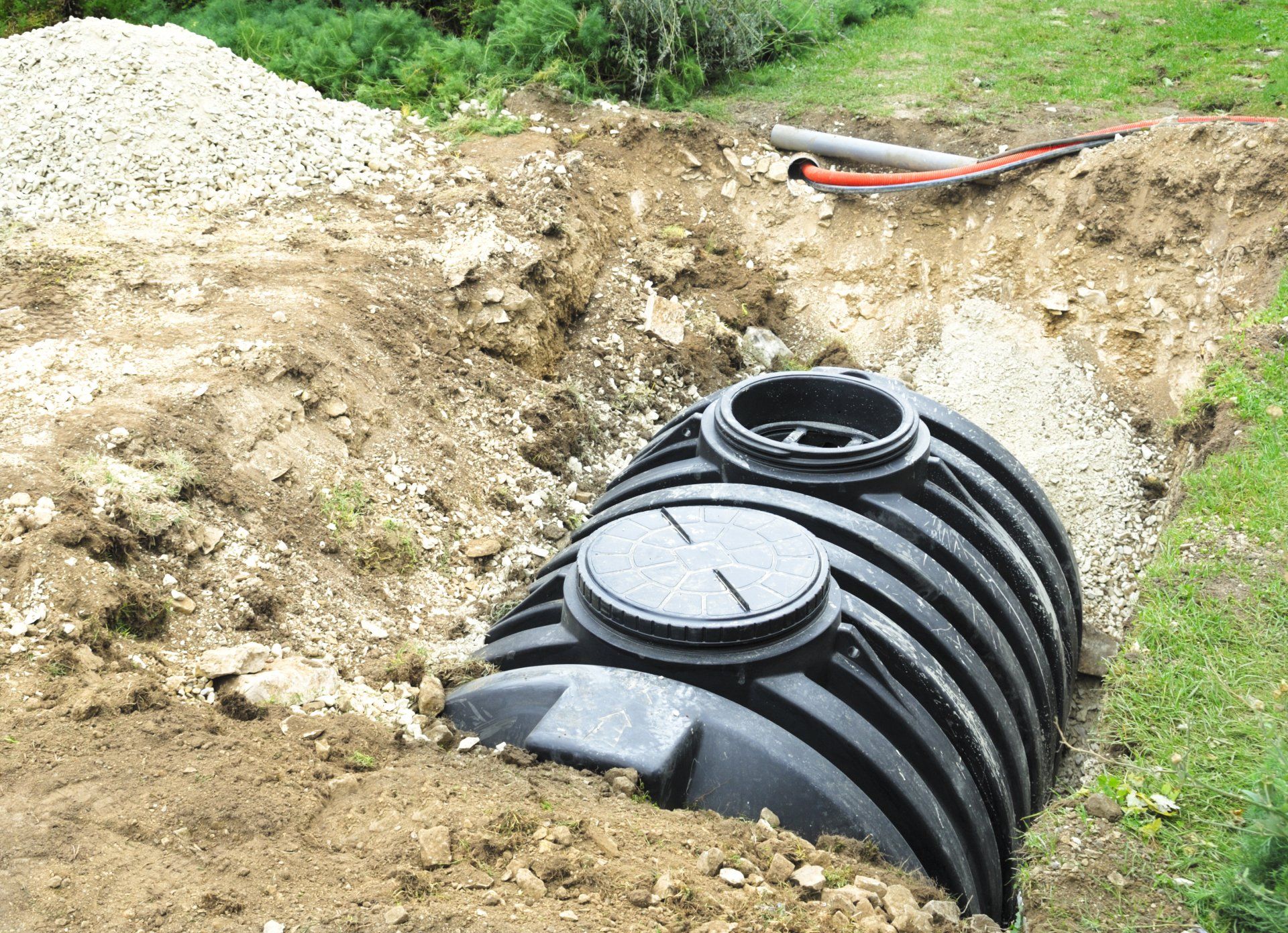5 Factors That Influence Septic Tank Pumping Costs
Septic tank pumping every three to five years is mandatory for optimal performance. However, a homeowner might need to pump the system earlier or later depending on various factors, including frequency of use and tank size. Nonetheless, regular septic tank inspection is essential for timely pumping.
Some homeowners believe that septic tank pumping contractors charge a flat fee. However, service providers consider various factors to establish the cost of emptying a wastewater processor. This article highlights five factors that influence septic tank pumping costs.
1. Tank Size
Septic tanks come in various sizes depending on design elements, such as family size. Typically, a large tank holds more solid waste than a small reservoir. Therefore, emptying a giant septic tank with lots of waste costs more than pumping a small tank. Furthermore, it takes longer to pump a large tank, which increases the service cost.
Homeowners should inspect their septic systems regularly to manage pumping costs. For instance, a small tank fills faster; therefore, late examination of waste level might warrant impromptu pumping and unbudgeted costs. Similarly, regular inspection of a large wastewater processor can prevent early pumping and save money.
2. Installation Site
A septic tank's location also determines the pumping cost. For instance, obstacles like trees and rocks might affect tank accessibility and warrant additional equipment that increases pumping costs. Similarly, a service provider might need more fuel to pump waste from a remotely installed septic tank.
To approximate pumping costs, a service provider might inquire about the distance from a driveway to a septic tank. Therefore, minimize obstacles around and along a septic tank's path to keep pumping costs down. Additionally, provide an accurate distance to the contractor so they can better estimate the cost.
3. Septic Tank Usage
Household waste production determines the rate at which a septic tank fills. Therefore, a home that discharges large volumes of wastewater requires more frequent pumping, which can be more costly. Conversely, small households or homes where members travel regularly will likely pay less due to low septic tank usage and infrequent pumping.
A septic tank collects wastewater from all sections of a house. Therefore, homeowners should monitor water consumption to gauge and control septic tank usage. Typically, homeowners pay more if they constantly use water because the septic system fills with wastewater faster.
4. Geographic Location
Septic tank pumping costs also vary by geographic location. Typically, homeowners can expect to pay more in towns and cities due to the high population density and accessibility challenges. Conversely, rural dwellers will likely pay less for the service because their wastewater processors are easily accessible.
The high land cost in some urban areas also prevents the installation of large septic tanks. Consequently, the average-sized septic systems in urban areas fill faster than the larger tanks in rural areas, which increases pumping frequency and cost. Thus, consider your property's location as you plan to empty your septic tank.
5. Septic Tank Condition
When preparing for pumping services, a contractor might ask for a septic tank's maintenance and inspection schedule. The information determines whether a detailed examination of a septic system is necessary. Typically, a poorly maintained tank takes longer to empty since a service provider must take precautions to prevent damage. Consequently, the exercise demands more resources, which adds to pumping costs.
Homeowners should observe the recommended maintenance guidelines for septic tanks. A well-maintained and regularly inspected wastewater processor takes less time and effort to pump, and no additional services are required. Therefore, maintain an annual inspection schedule to lower septic tank pumping costs.
Homeowners should pump their septic tanks regularly for optimal performance. Contact us at Dr. Flush for professional pumping services at competitive rates.
contact information
Phone: 864-295-0232
SERVING ALL OF UPSTATE SOUTH CAROLINA
3805 HWY 417 Woodruff, SC 29388








